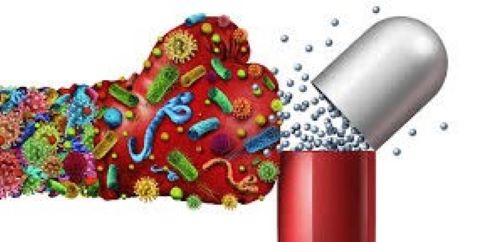Global inaction on antimicrobial resistance (AMR) poses a critical threat to the future of modern medicine, the World Health Organisation (WHO) expert Dr. Massimo Sartelli has warned.
Sartelli, a consultant surgeon and coordinator of scientific activities at the Department of General and Emergency Surgery, Macerata Hospital in Italy, said in a telephone interview on Friday that AMR could usher in a “post-antibiotic era” where common infections become untreatable.
He cautioned that the spread of drug-resistant infections is far outpacing current containment efforts.
“AMR is a complex and silent pandemic that requires urgent, coordinated, and global action,” Sartelli said. “We need an adaptive, multi-pronged approach involving many stakeholders, working locally, nationally, and globally, to attain optimal health for people, animals, and the environment.
There is no silver bullet to address AMR. What’s needed is a comprehensive and solidaristic model. This is the only solution for a problem that knows no borders.”
The WHO expert noted that the world continues to underestimate the scale and speed of the crisis. He stressed that antimicrobial effectiveness must be treated as a finite global public good, warning that its misuse and neglect could lead to a future where even minor infections become deadly.
Unlike well-known diseases such as malaria or HIV, AMR often remains invisible, making it harder to prioritise. Sartelli warned that this “invisibility” makes it even more dangerous, as it silently undermines health systems worldwide.
“AMR should be seen as a global burden, requiring multidisciplinary collaboration across human, animal, and environmental health — what we call a One Health approach,” he explained.
While each country needs a tailored national action plan, Sartelli emphasised that international cooperation is essential.
“AMR is everyone’s problem, and all countries must play a role in the solution,” he said.
The WHO projects that AMR could cause up to 10 million deaths annually by 2050 if left unchecked. Despite this alarming forecast, experts say funding and political will remain inadequate.
Sartelli and other health specialists believe that unless governments treat antimicrobial resistance with the same urgency as climate change or pandemics, the world risks losing the foundation of modern medicine.


